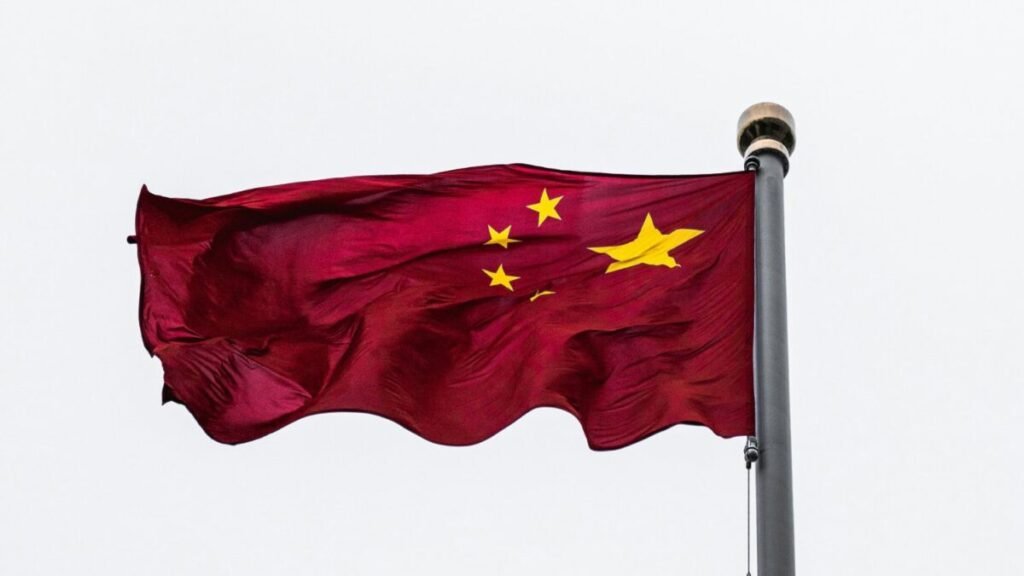Country avoids impact from China’s actions by leveraging its most powerful asset in the technology war.

China has been exerting economic pressure for years, particularly in the realm of essential elements for manufacturing electronic components, electric motors, and batteries. These elements are crucial resources in the global technological competition. Recently, China expanded its restrictions by adding five more minerals to the list of restricted materials. Moreover, they announced that any product containing more than 0.1% of Chinese origin materials will require an export license if manufactured outside the country, signaling their intention to extend their influence beyond their borders.
The Impact on Tech Giant
At the center of this narrative is Taiwan, a territory playing a significant role in the global technological landscape. Companies like TSMC, the world’s largest chip foundry, are key players in the semiconductor industry, producing processors for global AI and electronics giants. Taiwan’s semiconductor industry primarily sources necessary materials from the US, Europe, and Japan, rather than the rare earths affected by Chinese restrictions. This positioning puts Taiwan’s tech sector in a more stable position against Beijing’s pressures.
Escalating Tensions and Side Effects
While Taiwan appears to be shielded from direct effects, the global supply chains may suffer repercussions. Essential equipment, such as ASML’s EUV scanners, rely on magnets made with Chinese rare earths and could face delays or cost increases if restrictions expand. The overall context is one of a relentless trade war, with the US responding swiftly, marking a new chapter in the power struggle between the two nations.
The Transforming Global Technological Landscape
China’s historical dominance over rare earths has been a cornerstone of its economic power. However, recent events indicate that this influence is no longer absolute. The resilience of a country heavily reliant on high technology against the economic pressure from China suggests that supply chains are diversifying, and Beijing’s coercive power is facing tangible limits.
In the evolving global economy, where every component plays a crucial role, the future of technological innovation and sovereignty will not only be determined in labs or mines but also in the ability to withstand geopolitical pressures without compromising progress.




